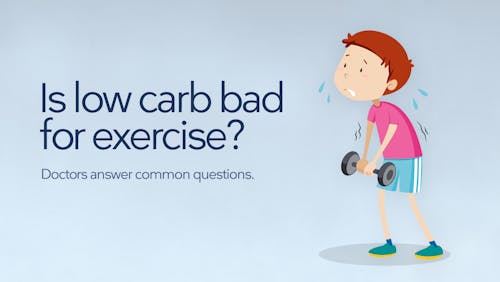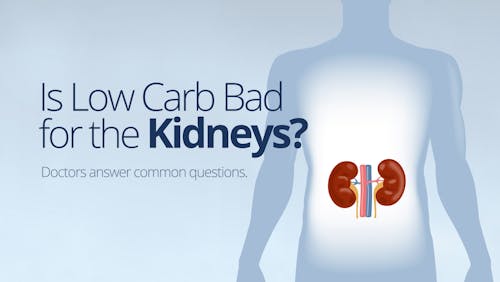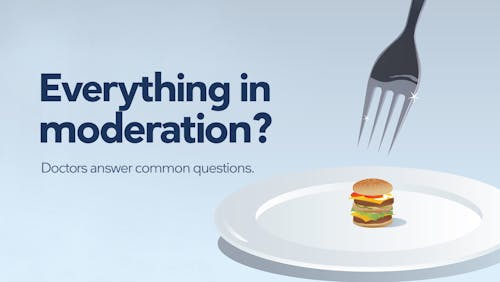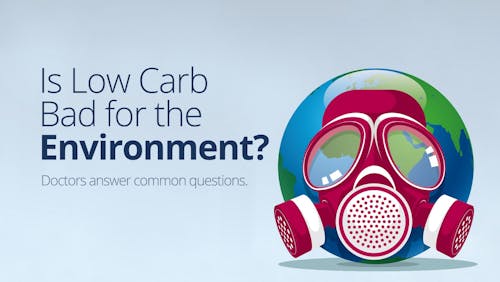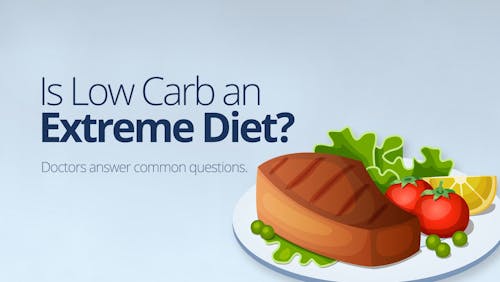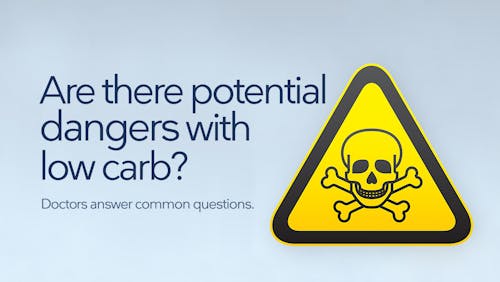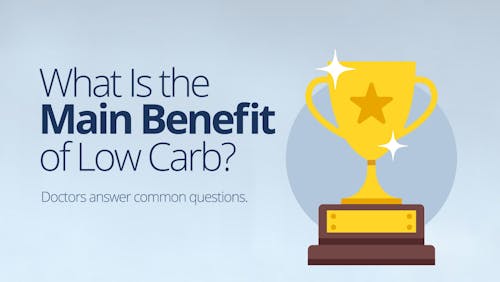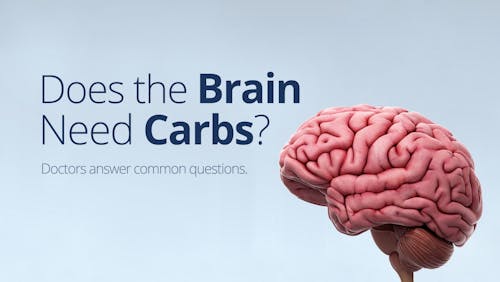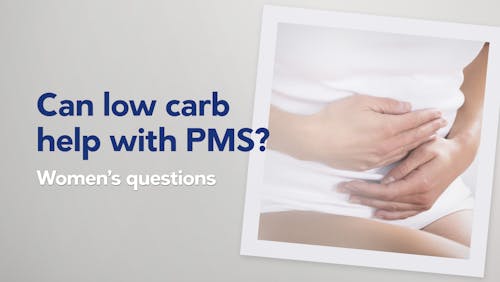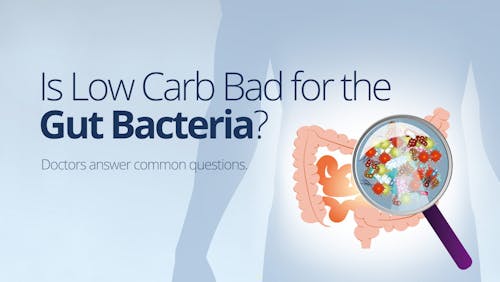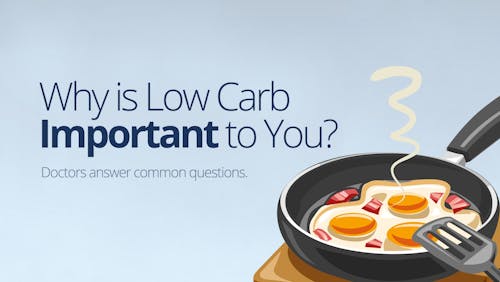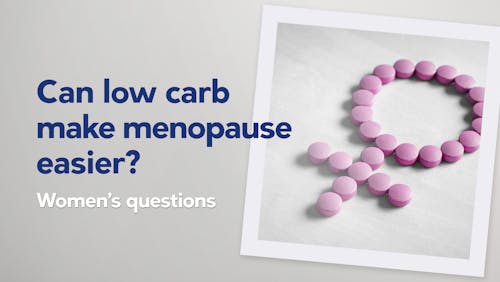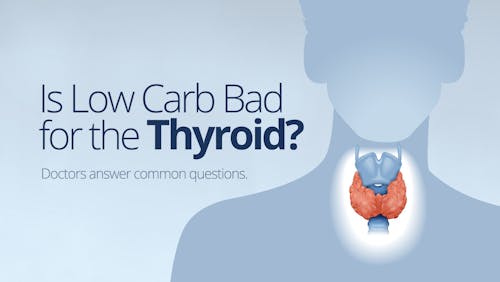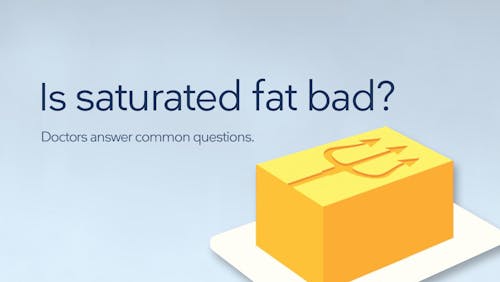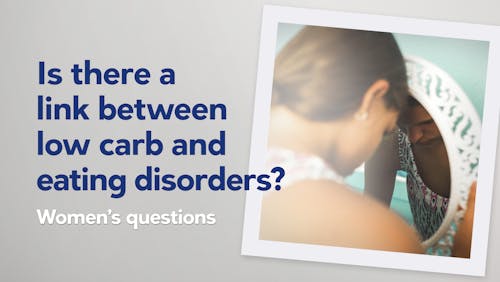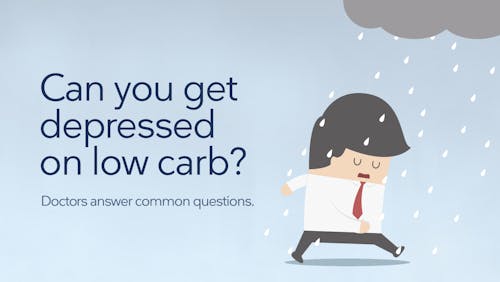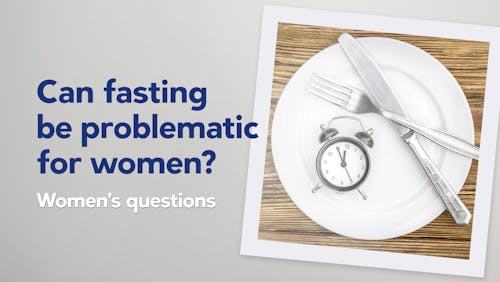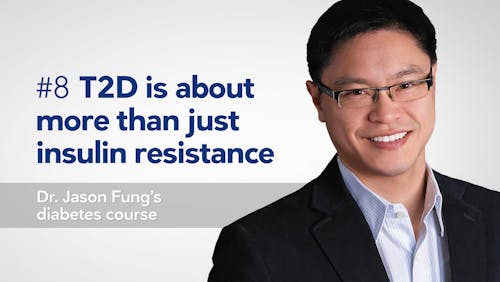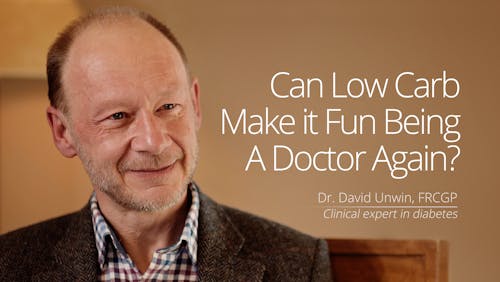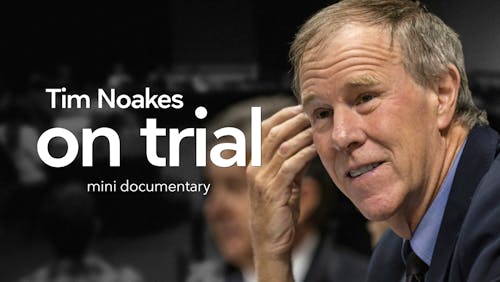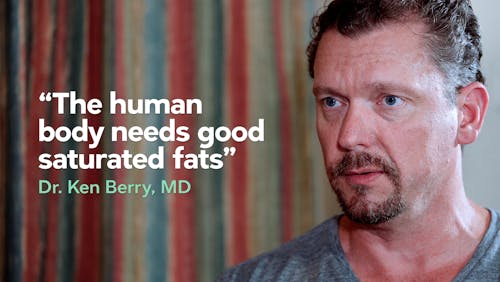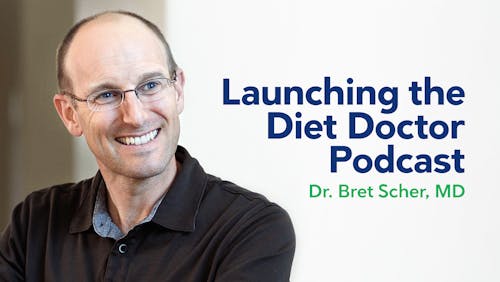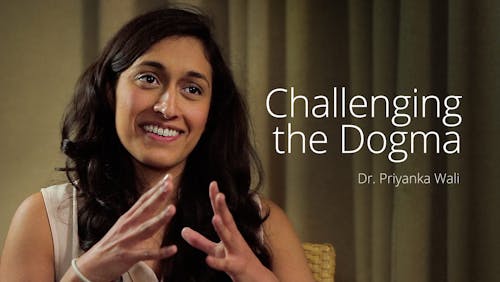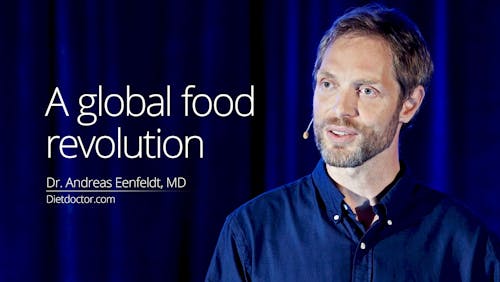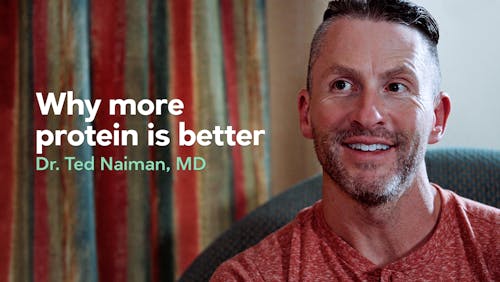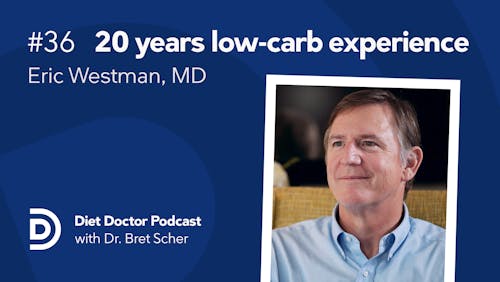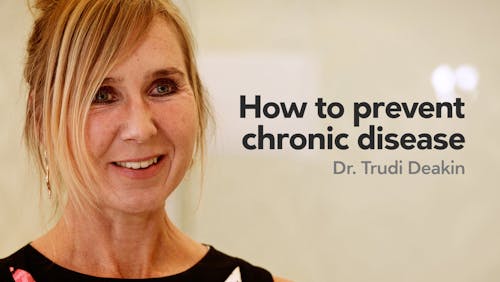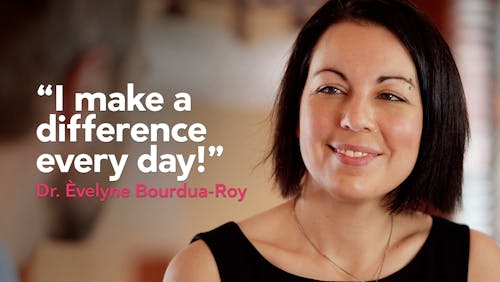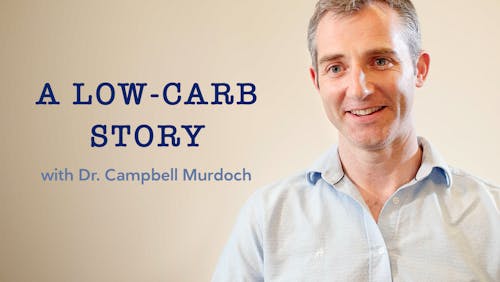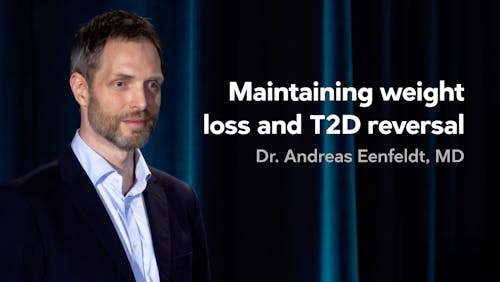What to do about post-menopausal weight gain, even on a ketogenic diet?

Is low-carb eating safe for hyperthyroidism and AFib? What about calories per serving in our recipes? And what can be done about post-menopausal weight gain, even on a ketogenic diet?
Get the answers in this week’s Q&A with Dr. Andreas Eenfeldt:
Calories per serving?
I’m very surprised that you do not include calories per serving in your recipes nutritional breakdown. I understand that counting calories is not the main objective of this diet. However I feel it is important to know how many calories I’m consuming along with how much fat, how many carbs and how much protein.
Are you planning to include calories per serving in your recipes? If not, is there any way for me to calculate the calories per serving of your recipes?
Your website is amazing and I am very happy to have found it and to be a member. The lectures and interviews have helped me very, very much. I am trying to keep my calories below 1500 a day. If you feel counting calories is useless or not necessary for weight loss please explain as I believe is one of the significant numbers I should be looking at to optimize my weight loss.
Thank you very much,
Rick
I don’t believe that the number of calories is a very helpful number, and most people would probably do great never, ever knowing about it.
Please remember that a hundred years ago, when just about nobody even knew what a calorie was, almost everyone was slim. And today, when we completely obsess about calories, we have an obesity epidemic.
When it comes to food, quality is far more important than quantity – because the quality determines the quantity we want to eat.
Best,
Andreas Eenfeldt
Is low-carb eating safe for hyperthyroidism and AFib?
Hi,
I have just been diagnosed with A-Fib and hyperthyroidism. I was eating low carb but have been unable to find anything regarding the safety of low carb and these two conditions. Would really appreciate your view.
Kind regards,
Ramari
It should be OK, though of course you may need to be on some medication whether you are eating low carb or not. Note that the dose of Warfarin (if you’re on it) may have to be adjusted after a major dietary change, and you may need to be monitored more often at first.
Regarding A-Fib, a very strict low-carb diet may sometimes result in a slightly higher heart rate, so there is some potential for theoretically affecting the A-Fib or increasing the risk of getting back into A-Fib in the short term. On the other hand, low carb lowers blood pressure, the main risk factor for getting A-Fib in the first place, so long term it may even be beneficial.
Best,
Andreas Eenfeldt
Post-menopausal weight gain and the ketogenic diet?
I am a 50-year old woman with no menstrual period x 1 year (and only a couple of cycles in the year preceding). I have been eating low carb for about 5 years now. Before menopause I maintained a healthy weight with this 69 kg (152 lbs) at 170 cm tall (5 foot 6).
In the past 18-24 months I have steadily gained weight. I have followed the ketogenic diet on your site for the past 9 weeks and during that time I have gained 2-3 kg (4-7 lbs) (76 kg – 168 lbs today and uncomfortable) and my clothes have not loosened.
Urine strips indicate I am in ketosis (low to moderate). I follow the program exactly (bulletproof coffee for breakfast, leftovers for lunch, and the scheduled meal for dinner). If I snack (rare) I have a few tbsp of raw nuts or cheese. My portions are controlled and I don’t have second helpings. Alcohol is @ 3-5 servings per week all low-carb choices (wine, prosecco, or vodka soda).
I will have carbs (carb cycling) perhaps once every week or two (e.g. 2 squares of very dark chocolate = 6 g or gluten-free toast). I exercise 5 times per week (2 weight-lifting sessions x 30-40 mins, 2 runs 30-35 mins, third run or cycle). I have seen a naturopath and had all my hormone levels check (no thyroid or glucose issues).
I supplement with vitamin D, omega 3/fish oil, Mg, B-complex, adrenal supplement, EFA, melatonin. I work as a primary care nurse practitioner. I feel I have explored all the possible reasons behind weight gain.
Please advise if you have any other suggestions? I am wondering if keto is not for me? I just seem to be gaining fat no matter what I do. I accept that menopause will come with some body changes but am frustrated that I can’t seem to stop the weight gain and that keto isn’t perhaps working. Thanks in advance for any info you can provide.
Samantha
Hi Samantha,
Unfortunately your problem is common – most women gain significant weight around menopause. My educated guess is you’d gain even MORE without the keto diet though.
The number one addition that helps a lot of women in a similar situation lose 5 or perhaps 10 extra kilos is intermittent fasting.
Best,
Andreas Eenfeldt
Read more: How to lose weight
Intermittent fasting for beginners
More
More Questions and Answers
Many more questions and answers:
